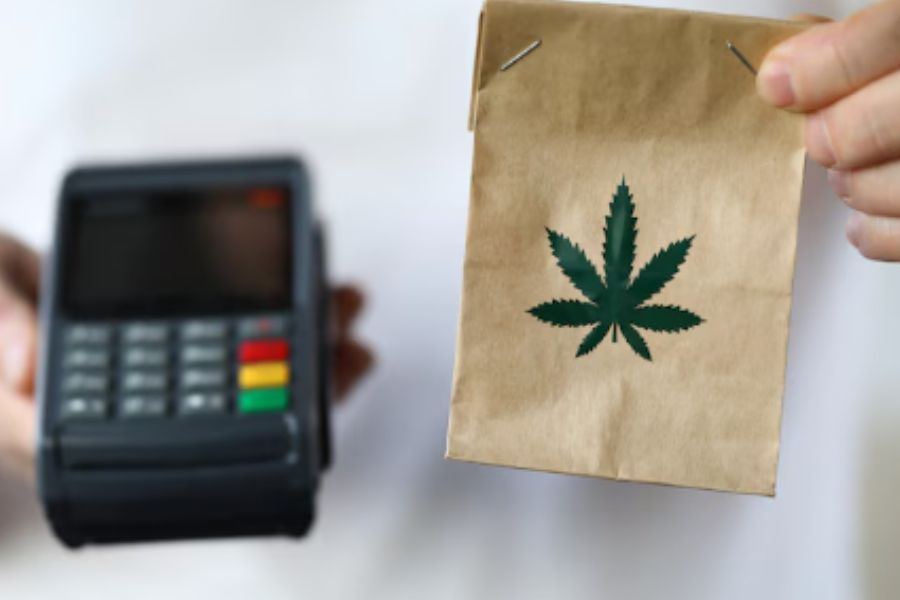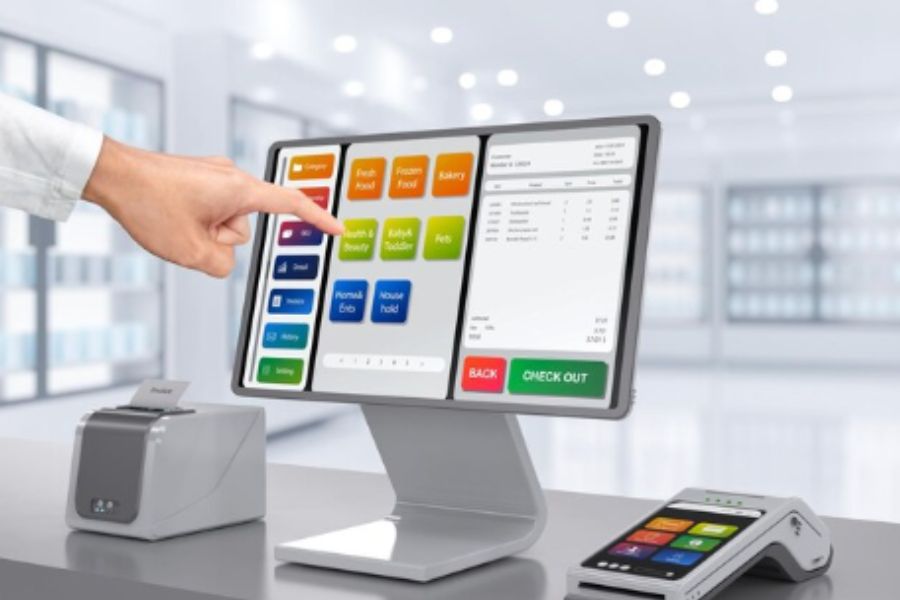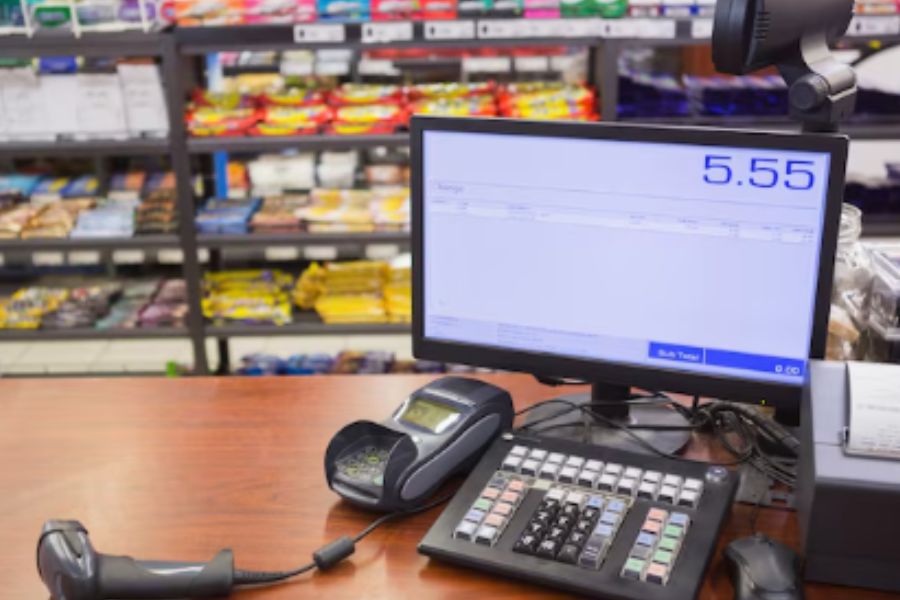Have you ever walked into a store and felt like the staff knew exactly what you wanted before you even said a word? That’s the magic of clienteling in retail. It’s a personalized approach that turns shoppers into loyal customers. But what exactly does clienteling retail do? This article will explore its definition and 5 clienteling strategies that have help businesses transformefd their performance.
Importance of Clienteling in Retail
Establishing significant connections with customers is vital for stores nowadays. One effective method to accomplish this is through clienteling, a strategy centered on forging individualized relationships with shoppers.
Clienteling offers numerous advantages for both the retailer and the customer. Below are five essential benefits of implementing clienteling in a retail setting.
Heightened Customer Loyalty
Clienteling plays a pivotal role in cultivating strong bonds between retailers and their customers, resulting in heightened loyalty. By taking a personalized approach to customer interactions, retailers can demonstrate that they understand and value each customer’s unique preferences, preferences, and needs. This personalized attention fosters a sense of appreciation and connection, encouraging customers to return to the store repeatedly.
Furthermore, by offering exclusive benefits and rewards to loyal customers, such as access to special events or early product launches, retailers can deepen the sense of loyalty and reinforce the customer’s emotional attachment to the brand.
Enhanced Sales Performance
One of the most tangible benefits of clienteling is its ability to drive sales performance. Thus, retailers can anticipate their customers’ needs and preferences, enabling them to make targeted product recommendations and personalized offers. This tailored approach not only increases the likelihood of a purchase but also enhances the overall shopping experience for the customer.
Moreover, by building rapport and trust with customers through personalized interactions, retailers can increase the average transaction value and encourage repeat purchases over time, ultimately leading to sustained revenue growth.
Elevated Customer Experience
Clienteling is synonymous with delivering exceptional customer experiences that go above and beyond expectations. Retailers can create memorable shopping experiences that leave a lasting impression on customers by offering personalized recommendations, attentive service, and tailored promotions.
Whether it’s remembering a customer’s preferences or anticipating their needs before they even express them, clienteling allows retailers to make each interaction feel unique and special. This heightened level of service not only delights customers but also fosters a sense of loyalty and satisfaction that keeps them coming back for more.
Augmented Customer Insights
Another significant advantage of clienteling is its ability to provide retailers with valuable customer insights and data. By capturing and analyzing information about customers’ preferences, purchase history, and interactions, retailers can gain a deeper understanding of their target audience and market trends.
This data-driven approach enables retailers to identify emerging patterns and opportunities, allowing them to refine their product offerings, marketing strategies, and customer engagement tactics accordingly.
Competitive Edge
In a highly competitive retail market, clienteling can set retailers apart from their rivals and provide a unique selling proposition.
Moreover, by building strong relationships with customers and fostering loyalty, retailers can reduce the likelihood of customers switching to competitors and increase their market share over time.
Ultimately, clienteling enables retailers to build a sustainable competitive advantage based on strong customer relationships, enhanced sales performance, and exceptional customer experiences.
5 Examples Of Clienteling In Retail
Let’s explore how top retail brands use clienteling to provide exceptional experiences to customers by leveraging technology, personalized service, and data insights.
Here are 5 exemplary implementations.
PredictSpring
The first example of clienteling in action is PredictSpring, a platform that empowers retailers to engage with customers in meaningful ways across various touchpoints.
PredictSpring offers an extensive suite of tools and features designed to streamline the clienteling process. From capturing customer information and purchase history to sending personalized communications, the platform enables retailers to deliver highly targeted and relevant experiences to each individual shopper.
Furthermore, PredictSpring facilitates seamless communication between sales associates and customers through various channels, including in-store interactions, mobile apps, and online chat. This omnichannel approach ensures that shoppers receive consistent and personalized service regardless of how they choose to engage with the brand.
Bonobos
Bonobos has solidified its status as a household name in the retail realm since its establishment in 2011 – and rightfully so. This men’s clothing retailer garnered significant attention for its groundbreaking approach to e-commerce when it transitioned from being solely an online business to encompassing over 30 brick-and-mortar “guide shops” scattered across various cities in the United States.
These guide shops serve as havens for devoted patrons to personally try on the extensive array of products offered by Bonobos online. What sets these spaces apart is the role of the sales associates, affectionately dubbed “guides”, who facilitate the seamless integration of online and in-store experiences. These guides assist customers in placing online orders directly within the shop, with the purchases then swiftly dispatched to the customers’ homes. It’s undeniably a remarkable concept, isn’t it?
However, what truly propelled Bonobos into the limelight was its adeptness at consolidating in-store and online operations, including purchases, returns, transaction histories, and inventory management, into one cohesive and integrated system. While such practices have become somewhat standard in today’s retail landscape, it was Bonobos that initially brought digital clienteling to the forefront and set the benchmark for others to follow.
Nordstrom
Nordstrom, a renowned name in the retail industry, exemplifies this practice through various initiatives across its stores and digital platforms.
Nordstrom prioritizes building strong customer relationships by offering personalized services tailored to individual preferences and needs. The brand’s commitment to exceptional service is evident in its dedicated sales associates who strive to provide personalized recommendations and assistance to shoppers both in-store and online.
Moreover, Nordstrom effectively leverages customer data to anticipate and meet the needs of its clientele. Through advanced analytics and customer insights, the brand can offer targeted promotions, product recommendations, and exclusive offers to enhance customer loyalty and satisfaction.
Dormify
Dormify, an e-commerce retailer, sought to revolutionize this perception by infusing a sense of personalization into the living spaces of students and young professionals.
Dormify’s mission revolves around simplifying the process of decorating living spaces, ensuring that individuals can easily tailor their environments to reflect their unique tastes and personalities. Through the Dormify website, visitors are invited to engage with a style quiz, which serves as the gateway to receiving personalized decor recommendations directly to their email inbox.
Red Ant
Red Ant is a notable player in this realm, offering innovative solutions that empower retailers to engage with their clientele in more personalized and impactful ways.
At its core, Red Ant emphasizes the importance of building strong relationships with customers by leveraging technology and data insights. The company provides retailers with comprehensive tools and platforms designed to facilitate personalized interactions and tailored recommendations based on individual preferences and behaviors.
Through Red Ant’s solutions, retailers can deliver exceptional service across various touchpoints, including in-store interactions, online channels, and mobile apps. By harnessing the power of data analytics, retailers can gain valuable insights into customer behaviors and preferences, enabling them to anticipate needs and offer relevant assistance in real-time.
Above are 5 common examples of clienteling in retail, they demonstrate how leading retail brands leverage clienteling to deliver exceptional experiences, ultimately driving customer loyalty and satisfaction.
You can refer to ConnectPOS as another valuable resource for retailers seeking to implement effective clienteling strategies. It offers a wide range of features and functionalities aimed at streamlining the checkout process, managing inventory, and enhancing the overall customer experience.
FAQs: Clienteling In Retail
- What is Clienteling in Retail?
Clienteling in retail refers to the practice of building and maintaining personalized relationships with customers to enhance their shopping experience and drive sales. It involves utilizing customer data and insights to provide tailored recommendations, assistance, and services, both in-store and online.
- How do you build a retail clientele?
Building retail clientele involves several key steps:
- Collect customer data: Gather information about your customers’ preferences, purchase history, and demographics.
- Personalize interactions: Use customer data to provide personalized recommendations, offers, and assistance.
- Offer exceptional service: Provide outstanding customer service by offering assistance, addressing concerns, and going above and beyond to meet customer needs.
- Create loyalty programs: Implement loyalty programs to reward repeat customers and incentivize future purchases.
- Engage through multiple channels: To maintain ongoing communication and engagement, reach out to customers through various channels, including in-store interactions, social media, email, and mobile apps.
Wrap Up
In sum, the five examples of clienteling in retail showcased the diverse strategies employed by leading brands to foster personalized relationships with customers and enhance their shopping experiences. From leveraging advanced technology to collect and analyze customer data to providing tailored recommendations and personalized services, these brands demonstrated a commitment to understanding and meeting the unique needs and preferences of individual shoppers.
To further explore what benefits ConnectPOS brings to your retail business, don’t hesitate to contact us!



